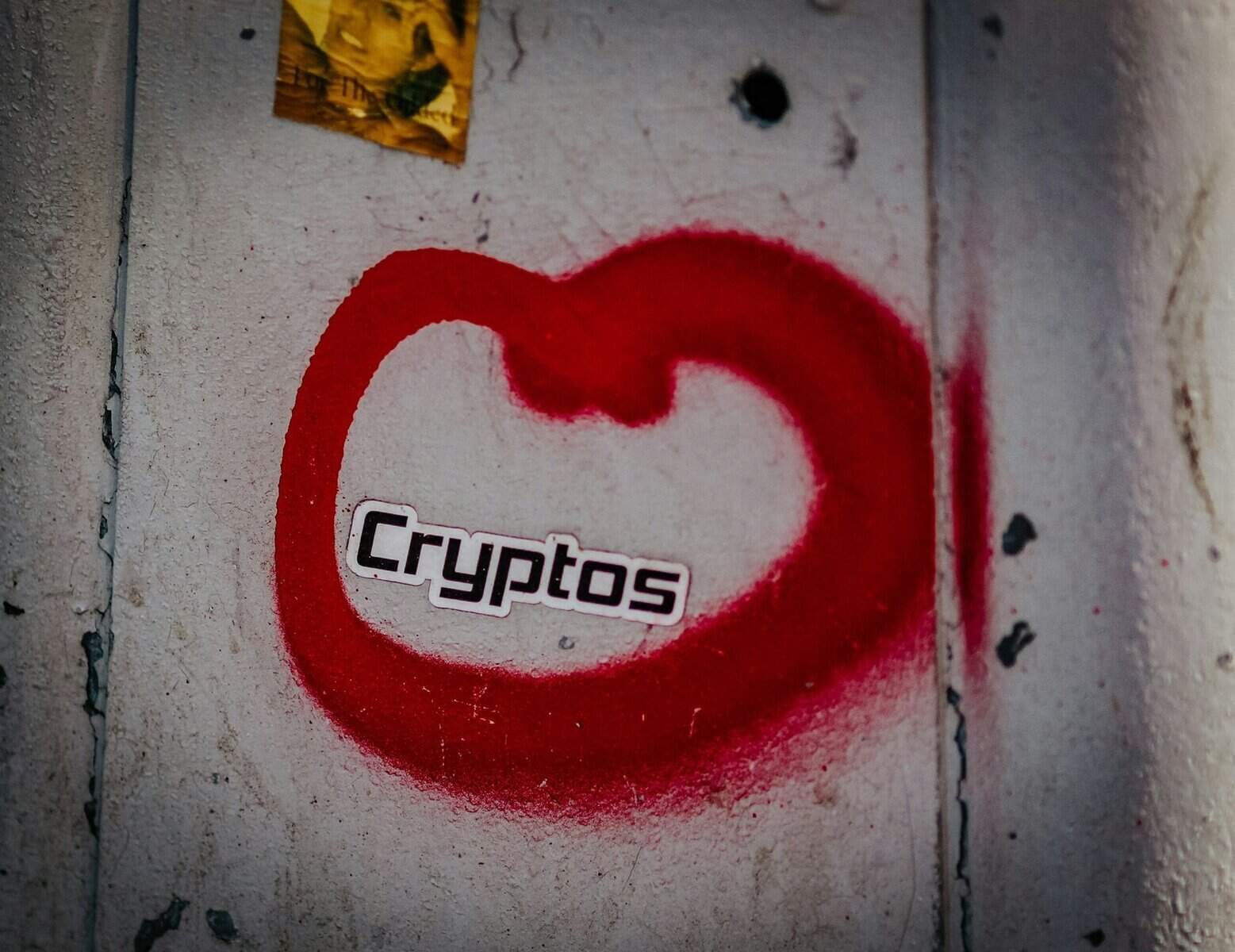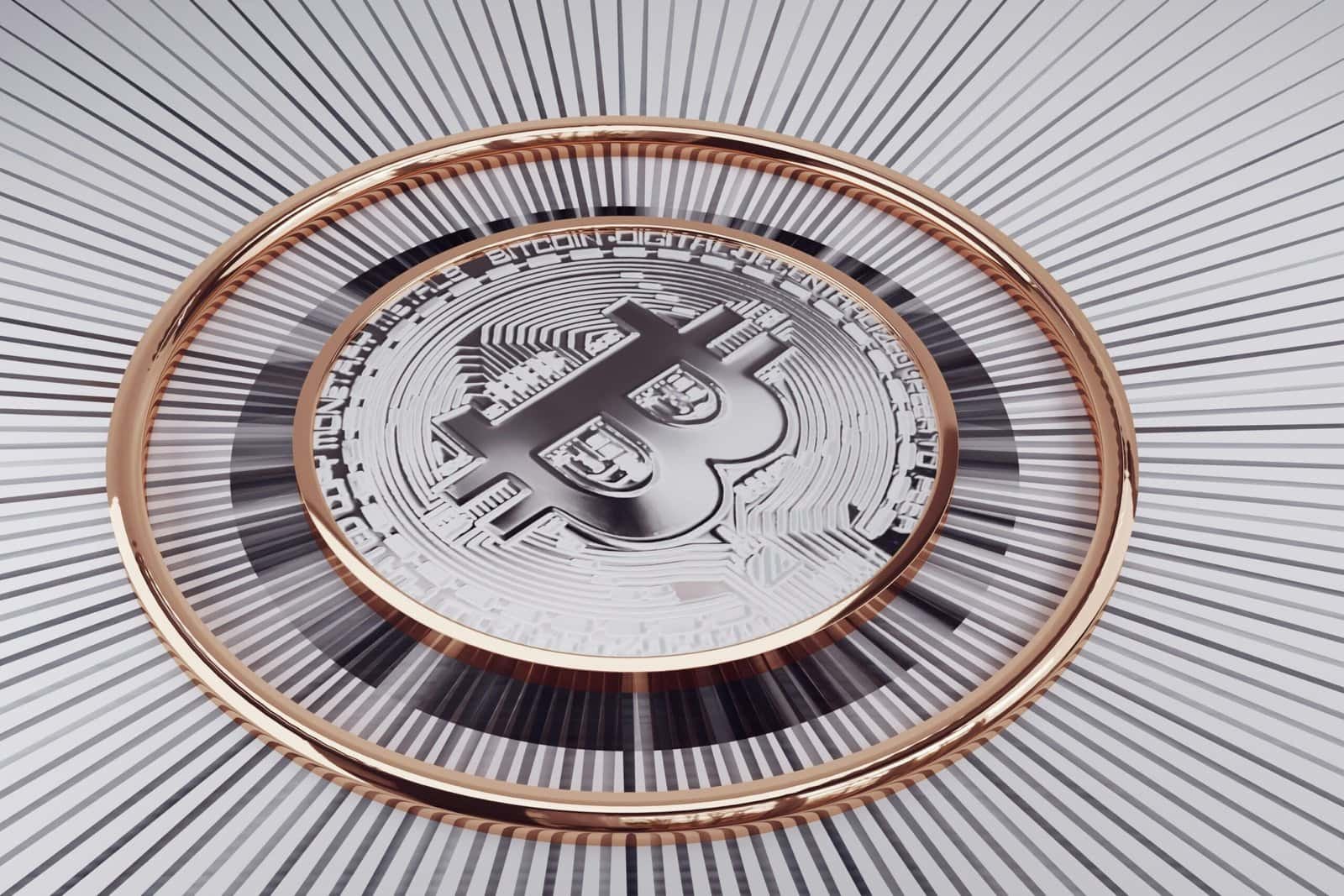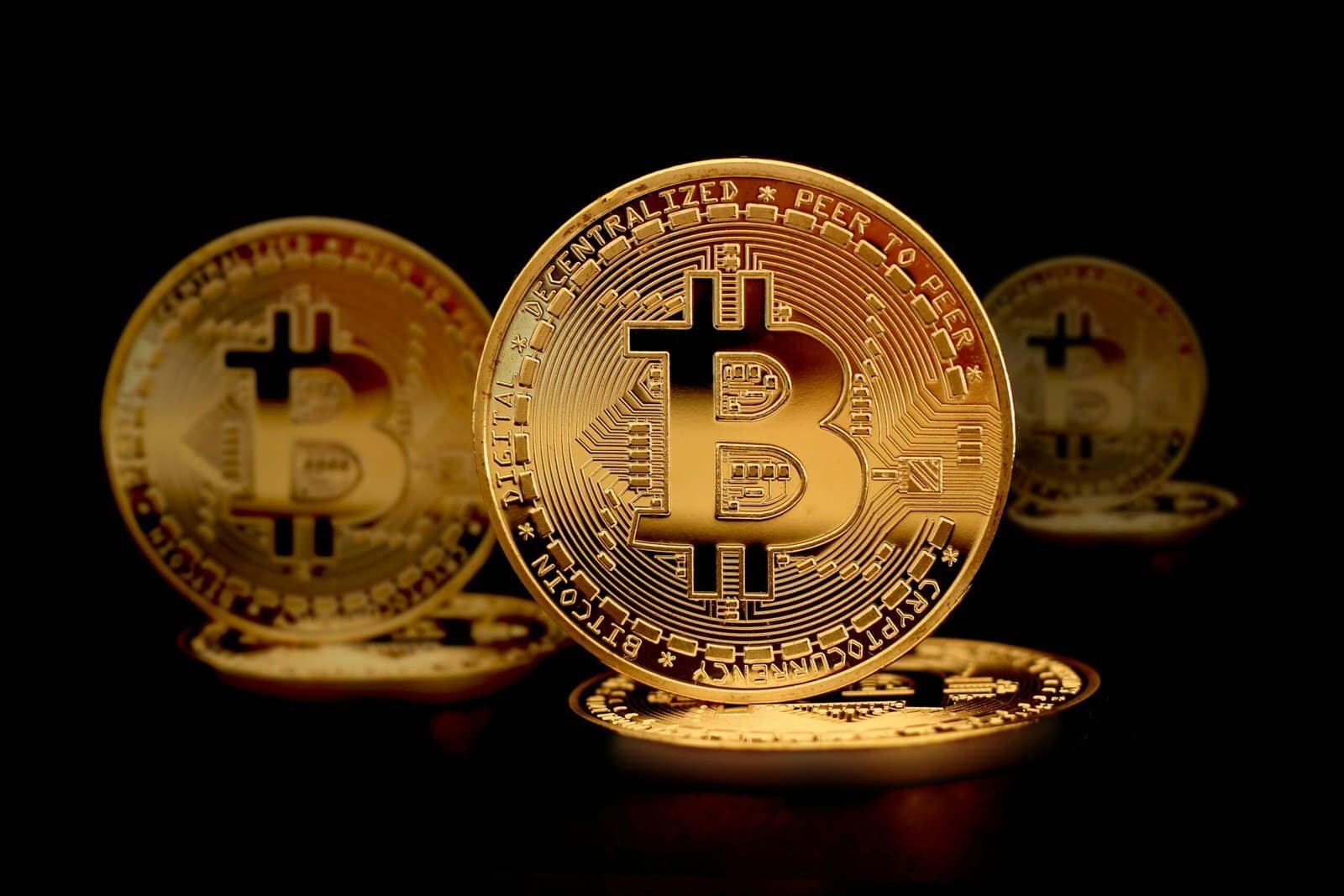Have you ever considered how social interactions might work in the digital world of tomorrow? The concept of decentralized social tokens might just be the key to reshaping our online communities. It’s a fascinating subject where technology, finance, and community converge, offering new opportunities for engagement, ownership, and empowerment.

Introduction to Decentralized Social Tokens
What Are Social Tokens?
Social tokens are a type of cryptocurrency used to represent the value or influence of a creator, community, or brand. Unlike typical currencies, these tokens provide more than just monetary value; they offer a new way to engage with digital communities. While traditional interactions on social media platforms are often one-sided or limited, social tokens allow for deeper, more meaningful relationships where both creators and participants can invest in one another’s success.
The Decentralization Aspect
Decentralization refers to the absence of a central authority controlling the network. In the context of social tokens, decentralization means that the power isn’t concentrated in a single entity like a corporation or government. Instead, it’s distributed among the participants. This empowers individuals within the network, promoting fairness, transparency, and resilience against censorship or unilateral changes.
How Decentralized Social Tokens Work
Token Creation
The creation of decentralized social tokens begins with a blockchain, a secure and distributed ledger technology. Creators can issue their own tokens on blockchain platforms like Ethereum or Solana. This process can be relatively straightforward with platforms offering user-friendly tools to launch your token without needing extensive technical knowledge.
Utility of Social Tokens
Social tokens serve multiple purposes within their ecosystems. They can grant you access to exclusive content, enable voting on community decisions, or even serve as currency within a particular group. The value of these tokens doesn’t solely hinge on market speculation; it’s also driven by the level of engagement and utility they offer.
Earning and Spending Tokens
You might earn social tokens through participation, such as contributing valuable content or engaging with the community. Once earned, these tokens can be spent on rewards, recognition, or even traded if they are listed on exchanges. This creates an economy where your interactions directly translate into tangible benefits.
Advantages of Decentralized Social Tokens
Empowerment of Creators
For creators, decentralized social tokens offer a direct line to their audience, bypassing traditional platforms that often take a significant cut of revenue. This model aligns incentives between creators and their supporters, creating a more equitable ecosystem.
Community Engagement
Social tokens enhance community engagement by incentivizing participation. As an active member, your contributions can earn you tokens, encouraging a more vibrant and cooperative environment. This fosters a sense of belonging and ownership, as you play an active role in the community’s growth.
Financial Opportunities
Decentralized social tokens can also provide financial opportunities. By investing in a creator’s token, you effectively gain a stake in their success. As the community or creator grows, so could the value of the tokens you hold, offering potential returns on your engagement and investment.
Challenges and Considerations
Volatility
One of the challenges you might face with social tokens is their volatility. Like other cryptocurrencies, their value can fluctuate significantly, which makes them both an opportunity and a risk. Being aware of this volatility and approaching social tokens with careful consideration is crucial.
Regulatory Uncertainty
The regulatory landscape for cryptocurrencies is still evolving, and social tokens are not exempt from this. Different countries have various regulations, which can impact how these tokens are created, managed, and exchanged. Staying informed about the legal aspects in your region is important to ensure compliance.
Scams and Security
As with any emerging technology, the potential for scams exists. It’s important to research any social token project thoroughly, understand the team behind it, and assess its roadmap and utility. Additionally, ensure you’re using secure platforms and practices to protect your assets.

Comparison: Proof of Stake vs. Proof of Work
Introduction to Blockchain Consensus Mechanisms
Understanding blockchain requires familiarity with consensus mechanisms, the protocols that keep the network secure and confirm transactions. Two primary methods are Proof of Work (PoW) and Proof of Stake (PoS), each with its own approach to achieving consensus.
Proof of Work (PoW)
PoW is the original consensus mechanism used by Bitcoin and many other cryptocurrencies. It involves miners solving complex mathematical puzzles to validate transactions and add them to the blockchain. The first to solve the puzzle gets to add the new block and is rewarded in cryptocurrency.
Pros of Proof of Work
- Security: PoW is highly secure due to its computational intensity, making it difficult and costly for bad actors to attack.
- Decentralization: It promotes a distributed network by allowing anyone with the required computational power to participate.
Cons of Proof of Work
- Energy Consumption: PoW requires significant energy, which is often cited as an environmental concern.
- Centralization Risks: There’s a risk of centralization if mining becomes dominated by a few large players with substantial resources.
Proof of Stake (PoS)
PoS is an alternative consensus mechanism where validators are chosen to create new blocks based on the number of tokens they hold and are willing to “stake” as collateral. This method is employed by newer blockchains aiming to be more energy-efficient than PoW.
Pros of Proof of Stake
- Energy Efficiency: PoS consumes much less energy, addressing ecological concerns associated with PoW.
- Speed and Scalability: It often allows for faster transaction times and greater scalability.
Cons of Proof of Stake
- Wealth Concentration: PoS can lead to wealth concentration since those with more tokens have more influence.
- Security Concerns: While generally secure, PoS has different vulnerabilities, such as risk from collusion among validators.
Real-World Applications of Social Tokens
Creator Economy
In the creator economy, social tokens are becoming a powerful tool for artists, musicians, and influencers. By issuing their own tokens, creators can monetize their work directly while fostering a stronger connection with their audience. Fans can support their favorite creators financially, often gaining access to exclusive content or experiences as a reward.
Community Building
For communities, tokens act as a unifying structure where members contribute to and benefit from collective success. Non-profits, hobby groups, and professional networks can issue tokens to incentivize participation and create a vibrant community culture.
Reward Systems
Companies and projects can implement social tokens as a part of innovative reward systems. This could involve rewarding loyal customers, incentivizing behaviors, or gamifying user engagement. The flexibility of tokens allows for tailored rewards that align closely with the goals of the organization or project.

The Future of Decentralized Social Tokens
Integration with Web 3.0
The advent of Web 3.0 promises a more interconnected and user-centric internet, where decentralized social tokens will play a vital role. In this future, your online identity and assets are owned and controlled by you, not kept in the hands of large corporations. Social tokens are expected to be an integral part of this transformation, offering seamless interaction across diverse platforms.
Potential for Innovation
The field of decentralized social tokens is ripe for innovation. Hybrid models are emerging, combining features of DeFi (Decentralized Finance) for advanced financial functionalities. Additionally, integrations with NFTs (Non-Fungible Tokens) could allow for enhanced digital ownership and unique experiences.
Challenges Ahead
Despite their potential, decentralized social tokens face significant challenges, including scalability, regulatory hurdles, and mainstream adoption. Overcoming these obstacles will require innovation, collaboration, and evolving frameworks to ensure these tokens are practical, secure, and beneficial for all involved.
Conclusion
Decentralized social tokens represent a revolutionary step towards more engaged and equitable online interactions. By aligning incentives between creators and communities, these tokens empower individuals, foster community spirit, and unlock financial opportunities. As technology and understanding progress, the future holds exciting potential for these digital assets to reshape our digital interactions, promoting a decentralized, fair, and community-driven digital economy. Embracing this new wave could usher in a more inclusive and participatory internet, where everyone has a stake in the story being told.


